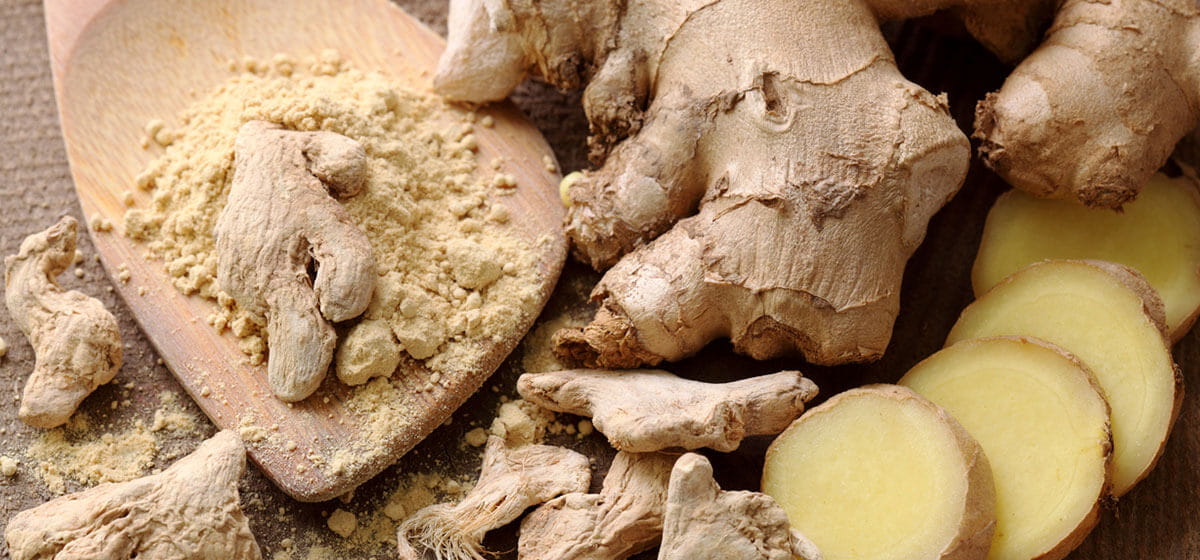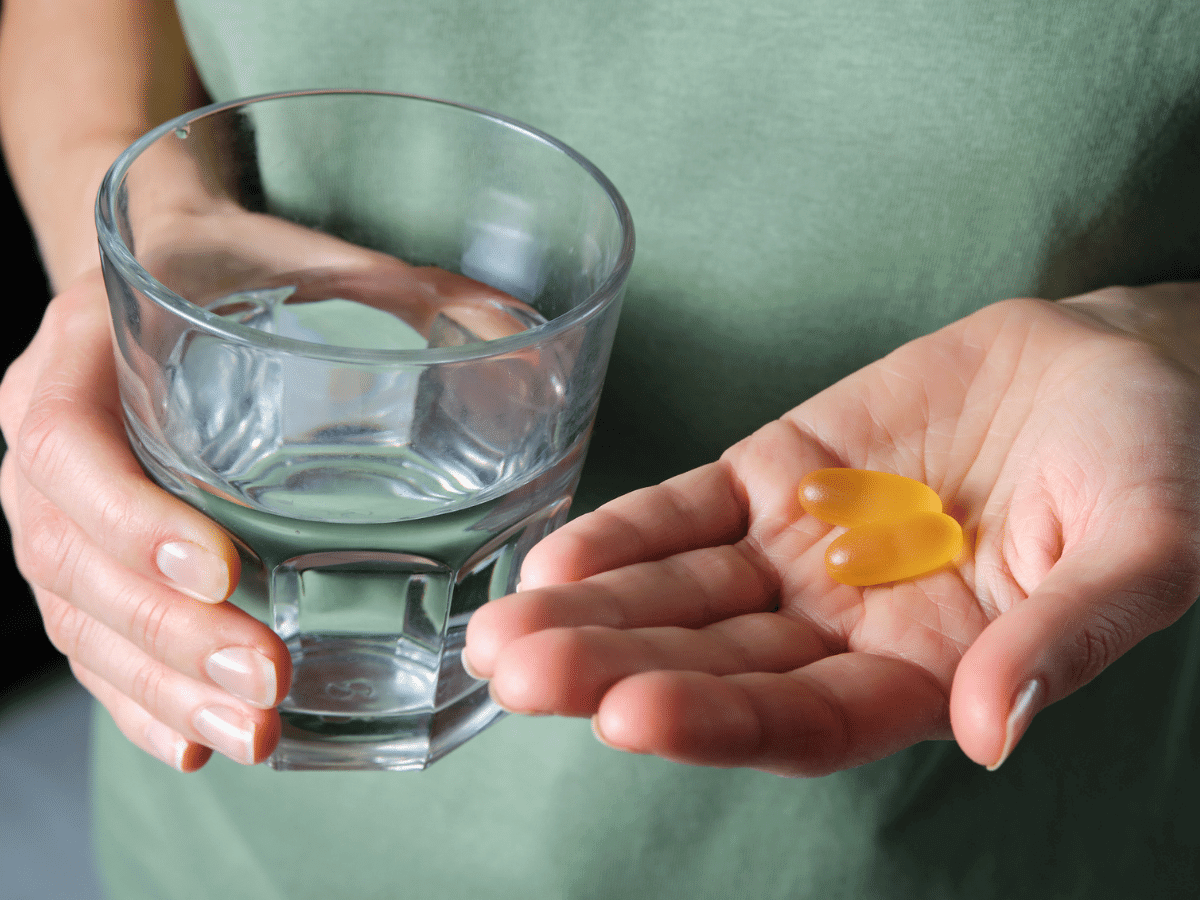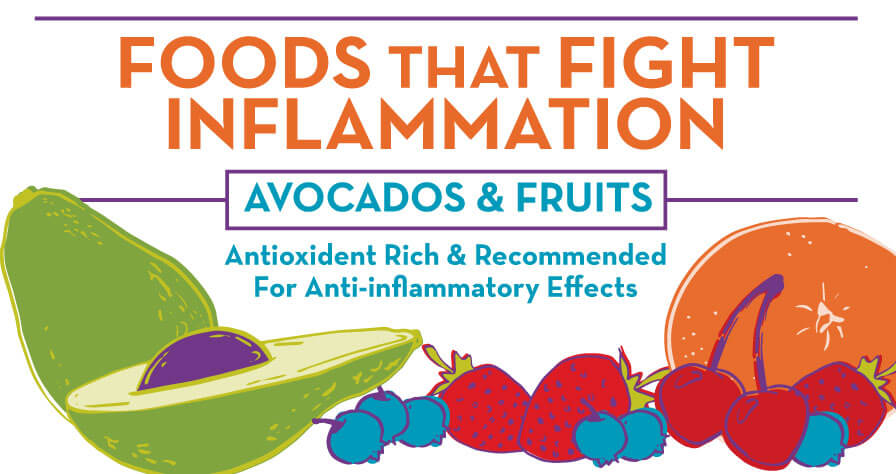6 Foods that Help Fight Inflammation

Did you know that more than 100 million Americans suffer from chronic pain?
One of the best things about eating right is that it really can make you feel better, especially if you have aches and pains resulting from inflammatory conditions such as arthritis.
However, what you eat may also help (or exacerbate) your condition. Limit pro-inflammatory foods, such as trans and saturated fats and refined carbohydrates. And be sure to increase your intake of the following inflammation-fighting foods:
- Fatty fish. Polyunsaturated fats – especially omega-3 fatty acids – help suppress inflammatory chemicals in your body. Studies have shown that omega-3 fish oils can also reduce symptoms of rheumatoid arthritis. Study participants reported greater strength, less fatigue, reduced joint swelling and tenderness, less joint stiffness and pain, and less pain. Look for fish high in omega-3 fats such as salmon, herring, sardines, and anchovies. Salmon is highest in omega-3s, with up to 2 grams of omega-3 fatty acids per 3-ounce serving. Bake or grill fish instead of frying it to preserve this healthful fat.
- Extra virgin olive oil. A compound in extra-virgin olive oil called oleocanthal can act similarly to the way nonsteroidal anti-inflammatory drugs, or NSAIDs (aspirin, ibuprofen) do, warding off pain. It’s important to buy high-quality oil and use it in uncooked dishes, which will provide the most nutrition. The darker the color of the extra-virgin olive oil, the stronger the flavor, which means more oleocanthal.
- Spices: ginger and turmeric. Ginger and turmeric may have anti-inflammatory effects. Ginger contains chemicals that work similarly to some anti-inflammatory medications. However, ginger can also act as a blood thinner, so talk to your doctor before increasing ginger into your diet. Turmeric, sometimes called curcumin, is a mustard-yellow spice from Asia. It is the main ingredient in yellow curry. Research has shown that turmeric may help arthritis by suppressing inflammatory body chemicals.
- Produce. You know that most fruits and vegetables are nutritional powerhouses, but perhaps you haven’t heard that some also contain phytochemicals that can reduce inflammation. In particular, carotenes have been shown to reduce the risk of inflammation disorders. Foods high in carotene include squash, kale, carrots, pumpkins, cantaloupe, oranges and apricots. Two other compounds found in produce, the bioflavonoids quercetin and anthocyanidins also exhibit anti-inflammatory effects. Some of the best foods for quercetin: onions (red, yellow, white), kale, cherry tomatoes, broccoli, blueberries, apricots and apples with skin. Anthocyanidins are powerful antioxidants known to reduce inflammation. Some of the best foods for anthocyanidins: blackberries, blueberries, eggplant, raspberries, cherries, red/black grapes, strawberries and plums.
- Flax seeds. Two components in flax seeds, alpha-linolenic acid (ALA) and lignans may reduce inflammation by helping to block the releases of certain pro-inflammatory agents. To get the most anti-inflammatory benefit from the seeds, grind them to release the oil. Flax seeds are great in salads, oatmeal, and even yogurt.
- Green tea. There’s a potent compound found in green tea, ECGG, that’s been shown to block the production of molecules that can damage cartilage and bone, so it can help alleviate arthritis pain. Try drinking one to three cups of green tea a day. However, a cup of green tea does have about 1/3 the caffeine content of a cup of coffee, so those who are caffeine-sensitive shouldn’t overdo it.
Find a Baptist Health doctor or specialist near you.



